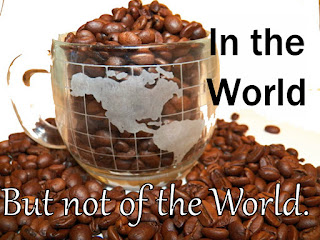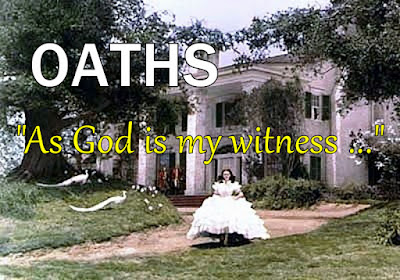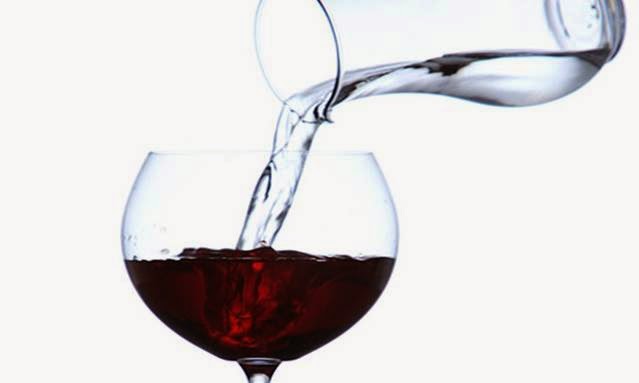IN THE BREAKING OF THE BREAD
Luke 24:13-35 On the day of his resurrection, two followers of Christ encounter the risen Savior on the Road to Emmaus.

If you
could invite anyone to have dinner with you, who would it be? Would it be a celebrity or a famous
historical figure? Would it be a friend
you haven’t seen in years or a dear departed relative? Would it be your best friend, or that
neighbor down the street you’ve been meaning to ask over, anyway?
I wonder
what Jesus’ response would be to that question?
As I read
this familiar story of the walk to Emmaus, my heart ached for Cleopas and his
fellow disciple. When Jesus asked his
disciples “who do you say I am,” I’d like to think that they would have agreed
that Jesus was the Messiah.
Now they returned home to Emmaus, downcast
and broken hearted. When the “stranger” joined them on the road and engaged
them in conversation, they shared the events of the week. Hear the sorrow and grief in these words, “he
was a prophet mighty in deed and word before God …we hoped he was the one to
redeem Israel Jerusalem
Jesus’
response may seem harsh to us, but it got their attention. He warmed their hearts as he comforted and
encouraged them with reminders of God’s steadfastness and the truth of God’s Word; that God’s plan for the redemption of all humankind and creation itself
was unfolding as God had willed.
They
later said their hearts were burning, burning with new-found hope and
God-possibilities. By the time they
reached Emmaus, Cleopas and the other disciple were ready to experience the
glory of God’s promises kept and invited Jesus to share a meal with them. There in the breaking of the bread, they
recognized Jesus.
One of
the distinctive elements of the Gospel of Luke is the emphasis on the meal. The Son of Man came eating and drinking, and in
the book of Luke there are eight stories of meals with Jesus.
He
dined with Pharisees and lawyers, the poor and the rich, tax collectors,
sinners, women and men, and fed five thousand people at an impromptu picnic in the
countryside. All found a place at the
table with Jesus. In Luke 14:13, Jesus
taught, “When you give a banquet invite the poor, the crippled, the lame and
the blind.”
At the
table of the Lord, all are invited to experience the inclusive nature of God’s
love. Christ welcomes the poor and the
rich, the seeker and the doubter, the old and the young, the sinner and the
saint. In Christ, there is no
distinction between male or female, race or ethnicity or what faith tradition
we come from. All are welcome.
It is at
the Lord’s table that we are reminded of what we celebrate today. Christ suffered, died and was raised from the
dead for us all.
As we participate
in the service of Holy Communion, we are asked to remember –
- The faithfulness of God and the truth of God’s Word;
- That Christ is present with us today in the breaking of the bread as he was that night in Emmaus;
- There is more to come: that God’s plan for the redemption of all people continues to unfold according to God’s will until the time Christ comes in final victory and we feast at his heavenly banquet.
- The inclusive nature of God's love for us.
So, if we
asked Jesus who he would invite to dinner, his answer would be, “You, and you,
and you, and you … all of you.”



Comments
Post a Comment